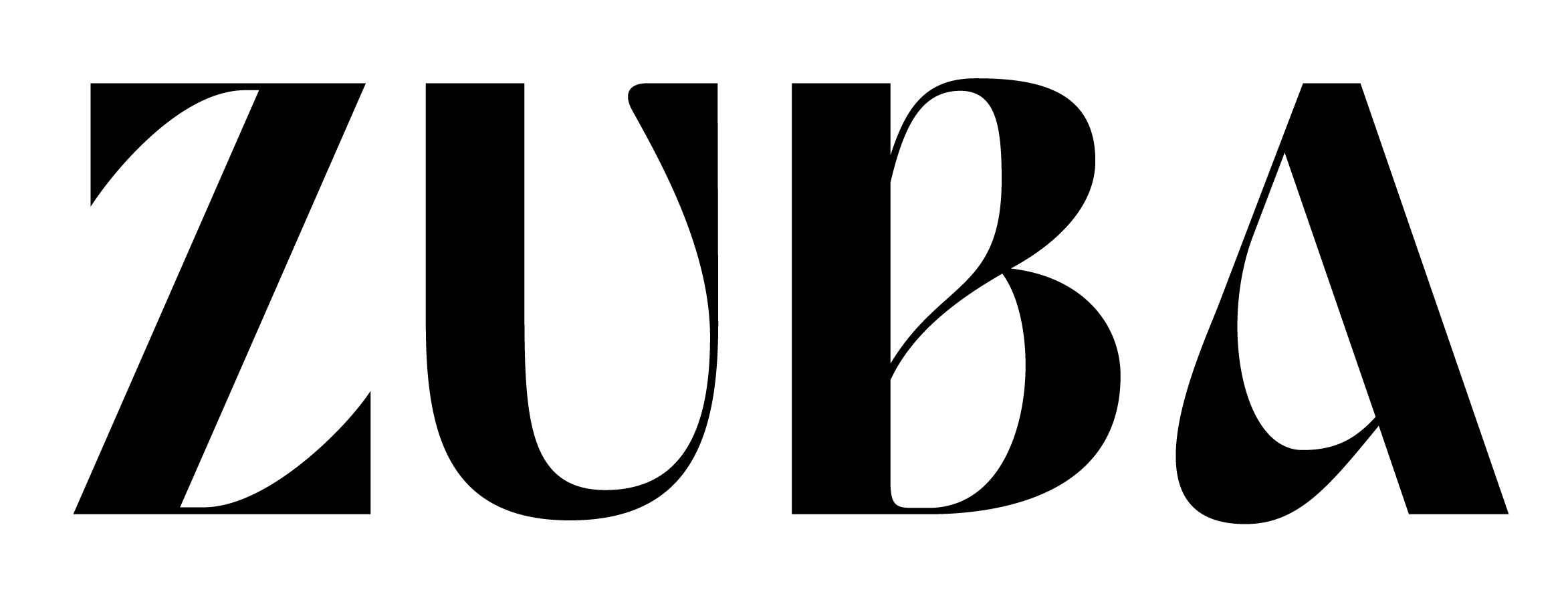John Maxwell said, “The single biggest way to impact an organization is to focus on leadership development. There is almost no limit to the potential of an organization that recruits good people, raises them up as leaders and continually develops them.” And we can all agree that no truer words have been said about this phenomenon. While some argue that real leaders are born, one thing we are sure of, is that you can always hone your skills and become a better leader.
Hazel Berrard Amuah is a Ghanaian author, chartered insurer and multi-award-winning Human Resource professional with over 25 years of experience in the field.
In this article, she shares sage advice leaders can tap into to manage their teams more effectively.
Leadership is measured by impact
The moment you find yourself in a role or activity to do something and achieve results, believe you me, you are already a leader. A leader even if you are leading only yourself to get something done, usually the outcome is to the benefit of others. You are thus under cat walk scrutiny and you are being watched. You also become someone’s role model, yes. Being a role model is not about the crowd and huge achievements. How often don’t we mention that very wise old person in our village or family who passed down values, traditions and taught us so many things yet was not a hero on a world stage. We teach and impact more with our actions than our words.
Broken Glass and Diamonds are not same
“Sometimes as leaders, the bet we make on people is based on exactly that. Rushing to write people off will make one-mistake-leather to be brown paper and diamonds to be broken glass. This foolhardiness requires maturity and wisdom to change. Sometimes we also rush to endorse brown paper as fine leather and broken glass and rare diamonds only to realize later that we shot ourselves in the foot. In every aspect of our lives practicing the pause, reflecting, praying, doing the necessary checks are non-negotiable to facilitate wise decision-making.”
Simplify complexity
There are several theories and techniques propounded which help simplify complexity. Simple techniques like the “5 Why’s”, “Peeling the onion”, and breaking seemingly complex issues into manageable chunks using different tools must also include consideration for diversity on how people perceive and analyze. For example include visual animations to help simplify complexity for the visually oriented people in your team. This facilitates the full understanding and appreciation of Information for alignment and effective execution.
Don’t confine your team to a box and don’t micro manage your stars
“The moment talents who have had significant experience and have made impact in an organization are confined to a box, given prescriptive and regimented ways of working and micromanaged, they switch off and are hardly able to fire on all cylinders to excel. This is because they have grown beyond a “command and control” learning curve, are autonomous and have freedom to excel and groom other talents.”
Create an environment that nourishes and allows for team growth.
Critical to growth is selfless leadership to allow people to be themselves, innovate, make mistakes, have a share of voice, lead projects and teams, without manipulation. Indeed corporate governance, ethics and compliance remain non-negotiable. A reflection of the leadership style of any individual is how people grow when they work with them. The growth is seen also in their level of confidence, satisfaction and their output.
Check your EGO or else, it will eventually cost you
Egocentric people often have an exaggerated sense of self importance that makes them either think they are better than others or deserve better than others. They often feel they are always right and it shows in the share of voice they like to have during any discussion or eventually, their will must be done. These people often suffer a complex of sorts. In the short to medium term, they may seem successful as they ride on the back of the authority which comes with their role to command and control sometimes in very subtle ways. The problem with egocentric leadership is eventually when some undesirable patterns become obvious. The patterns are seen in the culture and performance of the organization, the quality of people who stay as well as leave the organization, the halted growth or decline of the organization among several others, which ultimately hurt the brand of the organization among others. An egocentric leader often lacks emotional intelligence, which with conscious effort and coaching could be improved and significantly reduced overtime. The key though is the willingness to receive feedback and change. Opt for humility.
Cultivating the right attitude
It’s great to be SMART, intellectually I.e. have a high intelligence quotient to process information quickly, create strategies and plans for execution, develop policies, procedures, processes, produce goods etc but all these are empty, not worthwhile and will not get you far if you do not have the right attitude of respect for all be they superiors, peers or subordinates, practicing values like empathy, respect of self and others, patience, humility and kindness your intellectual capacity will have short term success which is not sustainable. I have worked with an individual who had a very high intellect and zero people skills, it made working such a pain. One of the most interesting work experiences when i grew the most was working with a boss who just oozed people centrism. Totally inspiring! A great attitude of passion, enthusiasm, integrity, results focus, excellence, engagement, people centrism coupled with the values earlier stated combine to be a great aptitude which will give you altitude in every endeavor. Your attitude is like the wind beneath the wings of an eagle. There is no height it cannot reach.

Dr. Hazel Berrard Amuah is a Henley certified coach who is passionate about people’s development.
Her work experience across 22 countries in central and West Africa, spans industries like Fast Moving Consumer Goods (FMCG), Energy and the financial sector. She has worked in diverse roles for big brands like Nestle, British American Tobacco, Guinness Ghana Breweries Limited.
Dr. Hazel has previously been awarded Africa HR Personality of the year 2020, Woman HR professional of the year 2018, the HR Practitioner of the year 2019, among others.
She is also fellow of the African Leadership Initiative and an inaugural fellow among 100 Africans in the Pan African ALI.
Last week, Dr. Hazel successfully launched her first book ‘Winning in the Jungle: Understanding self, others and excelling from a place of commonality and complexity’, currently available on Amazon.

